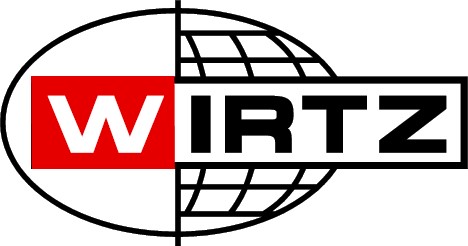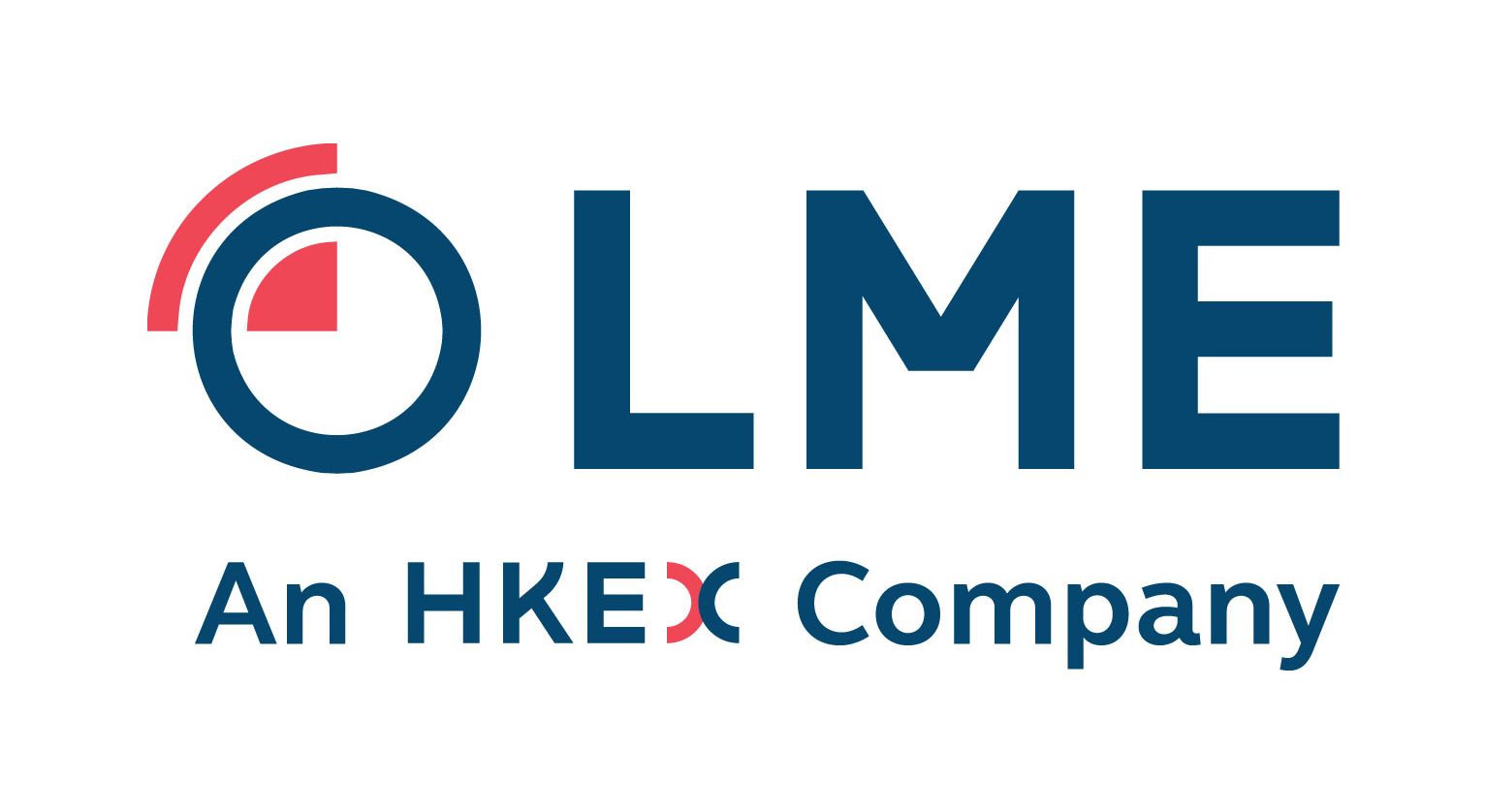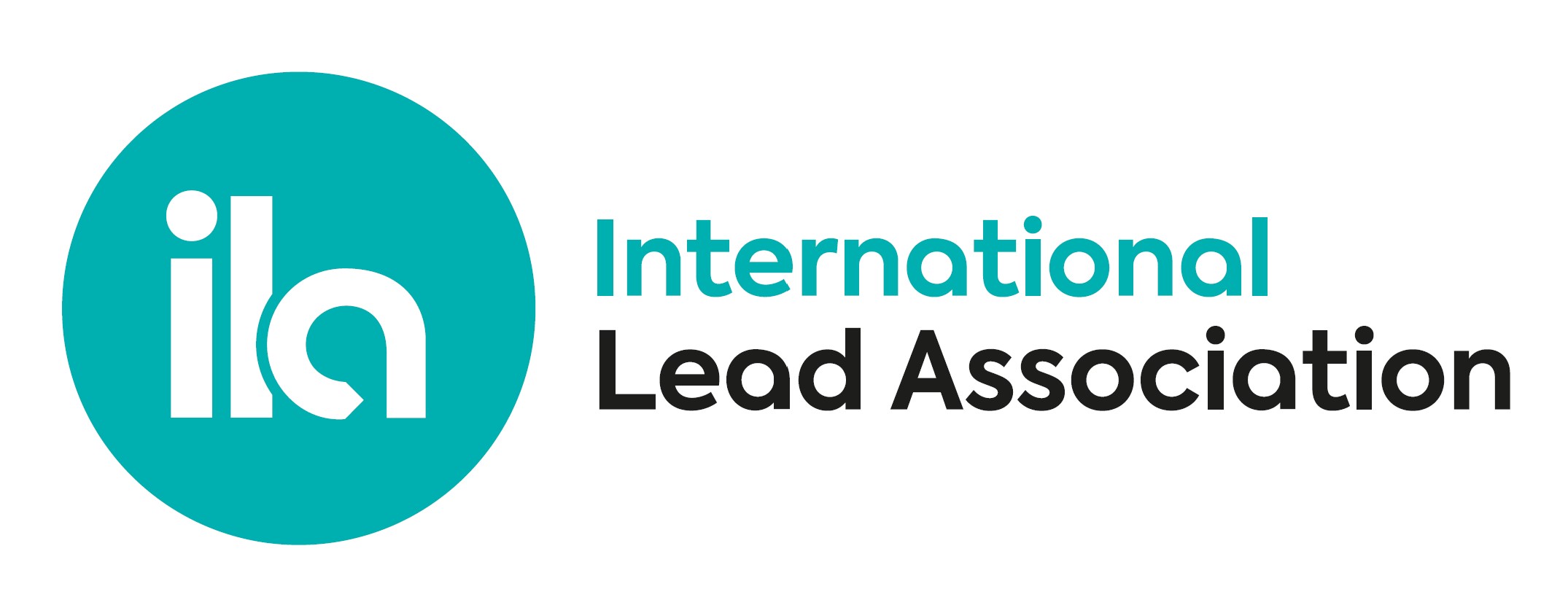Batteries are emerging as a critical ingredient in the transition to a more sustainable future because of their role in electrifying transportation and balancing power grids. However, all battery chemistries have environmental, social and governance (ESG) issues that need to be addressed to allow them to fulfil their potential.
If issues such as employee welfare, health and safety, responsible sourcing of raw materials, greenhouse gas emissions, the creation of hazardous waste and pollution are not tackled and resolved, then the financial and sustainability benefits that will accompany the increased demand for battery energy storage will be at risk.
These issues and concerns are now being recognised by many battery producers, such that they have recently started to undertake materiality assessments and reporting progress in achieving ESG indicators.
Legislation, such as the new EU Battery Regulation and the Corporate Reporting Sustainability Directive are also setting standards. Lead batteries have many positive sustainability attributes including high collection and recycling rates that mitigate many of the geopolitical issues in sourcing virgin raw materials that blight other battery chemistries. However, these are often overshadowed by the environmental pollution and worker safety issues that result from sub-standard recycling practices that have been highlighted by the United Nations Environment Programme, UNICEF and NGO’s such as Pure Earth.
Lead Battery 360, the material stewardship programme developed by the International Lead Association, Battery Council International, EUROBAT and the Association of Battery Recyclers offers a framework for an external assessment of a site’s ESG performance and may be one tool that the lead battery value chain could use to build trust and enhance its dented reputation.
Presenters

Dr. Steve Binks joined the International Lead Association (ILA) as Regulatory Affairs Director in 2011, having previously worked as Director of Hazard Assessment & Communication at the Pharmaceutical company GlaxoSmithKline. In his position at the Trade Association, he is charged with understanding and influencing the developing Global regulations that impact members operations. Previously, Steve spent a decade as chair of Eurometaux , a Regulatory forum for the European non-ferrous metals Trade Association, and a platform established to assess EU legislative development that impact companies in the metals sector.






